Zakat is a mandatory form of almsgiving in Islam. It requires Muslims to donate a portion of their wealth to those in need.
Zakat, one of the Five Pillars of Islam, plays a crucial role in promoting social justice and economic equality. Muslims must donate 2. 5% of their accumulated wealth annually. This act of charity purifies wealth and helps reduce poverty within the community.
Zakat ensures that wealth circulates and benefits society as a whole. It is both a spiritual duty and a practical way to support the underprivileged. By fulfilling this obligation, Muslims demonstrate compassion and solidarity. The collected funds provide essential aid to those struggling to meet basic needs, fostering a sense of unity and care.
Related Article: How Does Islam Affect Daily Life: Unveiling the Impact
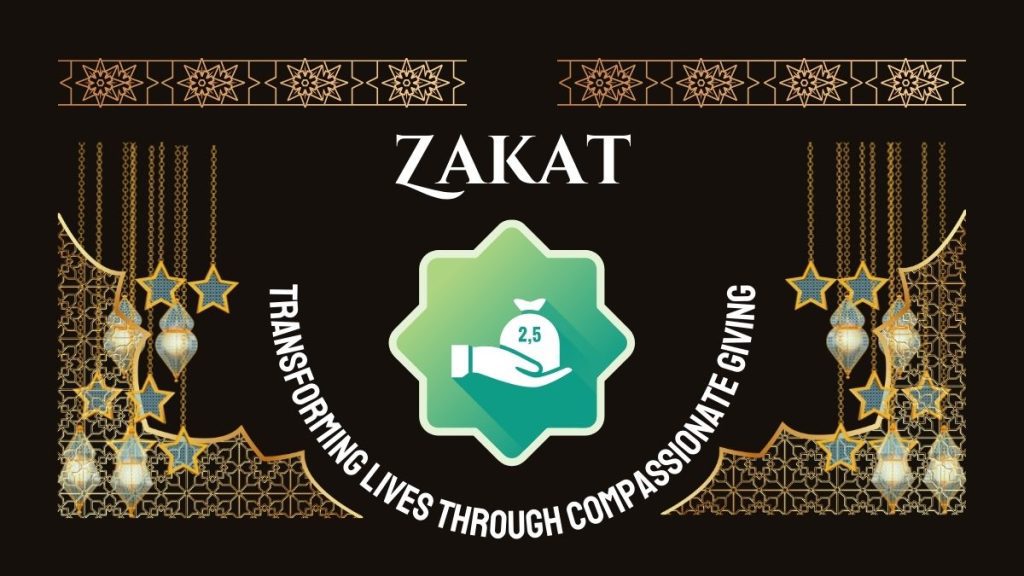
Related Article: The Five Pillars of Islam: A Comprehensive Guide
The Essence Of Zakat
Zakat is a fundamental pillar of Islam. It represents a unique blend of spiritual, economic, and social principles. Indeed, it is not merely a charitable donation; it is a mandatory act of worship. Through Zakat, wealth is purified, and social equality is promoted.
Core Principles
The core principles of Zakat are simple yet profound. These principles ensure that the wealth is distributed fairly within the community.
- Purification: It purifies both the giver’s wealth and soul.
- Redistribution: It redistributes wealth from the rich to the needy.
- Obligation: Paying Zakat is an obligatory act for eligible Muslims.
- Threshold (Nisab): It is only due on wealth above a certain threshold.
Historical Context
The historical roots of Zakat trace back to the early days of Islam. Prophet Muhammad established Zakat as a formal practice. It was an essential tool for social welfare in early Islamic society.
Here’s a brief historical timeline of Zakat:
| Period | Significance |
|---|---|
| 7th Century | Prophet Muhammad institutionalizes Zakat. |
| Umayyad Caliphate | Zakat collection and distribution become organized. |
| Abbasid Caliphate | Zakat funds used for public welfare projects. |
Over centuries, Zakat has evolved but its core essence remains unchanged. It continues to serve as a means to promote economic justice and social harmony. Through Zakat, the spirit of solidarity is kept alive within the Muslim community.
Calculating Zakat
Calculating Zakat is a fundamental duty for Muslims. It requires understanding various criteria and methods. This section will guide you through the process of determining Zakat eligibility and the tools you can use.
Related Article: Eid Ul Fitr: Celebrating Unity, Joy, and Tradition
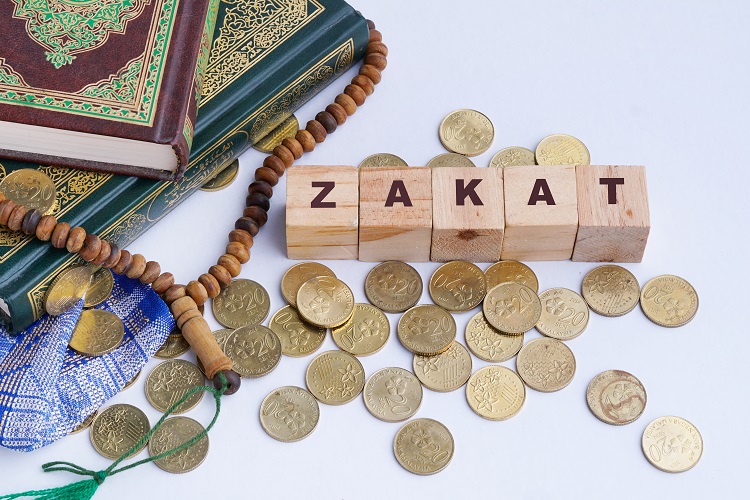
Credit: pennyappeal.org
Related Article: Islamic Finance: Unlocking Ethical Investment Opportunities
Eligibility Criteria
Before calculating Zakat, ensure you meet the eligibility criteria. Not everyone is required to pay Zakat. Here are the main criteria:
- Muslim: Only Muslims are required to pay Zakat.
- Adult: The person must be of sound mind and above the age of puberty.
- Minimum Wealth (Nisab): The individual must possess wealth above the Nisab threshold for one lunar year.
The Nisab value is equal to 85 grams of gold or 595 grams of silver. The current market value of these metals is used to determine the Nisab.
Methods And Tools
There are various methods to calculate Zakat. Choose the one that suits you best. Here are some common methods:
- Manual Calculation: This method involves manually calculating 2.5% of your wealth. Use the formula:
Zakat = (Total Wealth - Liabilities) 2.5%. - Zakat Calculators: Online calculators simplify the process. Input your assets and liabilities to get the actual amount.
Here is a table to help you understand the assets and liabilities:
| Assets | Liabilities |
|---|---|
| Cash | Debts |
| Gold and Silver | Loans |
| Stock Investments | Mortgages |
Remember to include all assets and deduct any liabilities before calculating Zakat.
Impact On Communities
Zakat, one of the five pillars of Islam, has a profound impact on communities. It not only fulfills a religious obligation but also serves as a powerful tool for social transformation. By redistributing wealth, it helps build more equitable societies. Let’s explore how this impacts communities through poverty alleviation and social upliftment.
Poverty Alleviation
Zakat plays a crucial role in alleviating poverty. It provides financial assistance to those in need, ensuring they can meet their basic needs. Here are some ways Zakat helps in poverty alleviation:
- Food and Shelter: Zakat funds help provide food and housing for the poor.
- Healthcare: Medical expenses for the needy can be covered by this funds.
- Education: It helps children from poor families attend school.
By addressing these basic needs, it lifts individuals out of poverty. This creates a more stable and prosperous community.
Social Upliftment
Beyond poverty alleviation, Zakat contributes to the social upliftment of communities. It fosters a sense of solidarity and mutual support. Here’s how Zakat aids in social upliftment:
- Community Projects: Zakat funds community development projects like schools and clinics.
- Employment Opportunities: It helps create job opportunities through funding small businesses.
- Social Equality: It promotes social equality by reducing the wealth gap.
These initiatives strengthen the social fabric of communities, leading to long-term development and harmony.
Basically, it is a powerful tool for both poverty alleviation and social upliftment. Its impact on communities is profound and far-reaching.
Related Article: Islamic Banking Principles: Ethical Financial Solutions
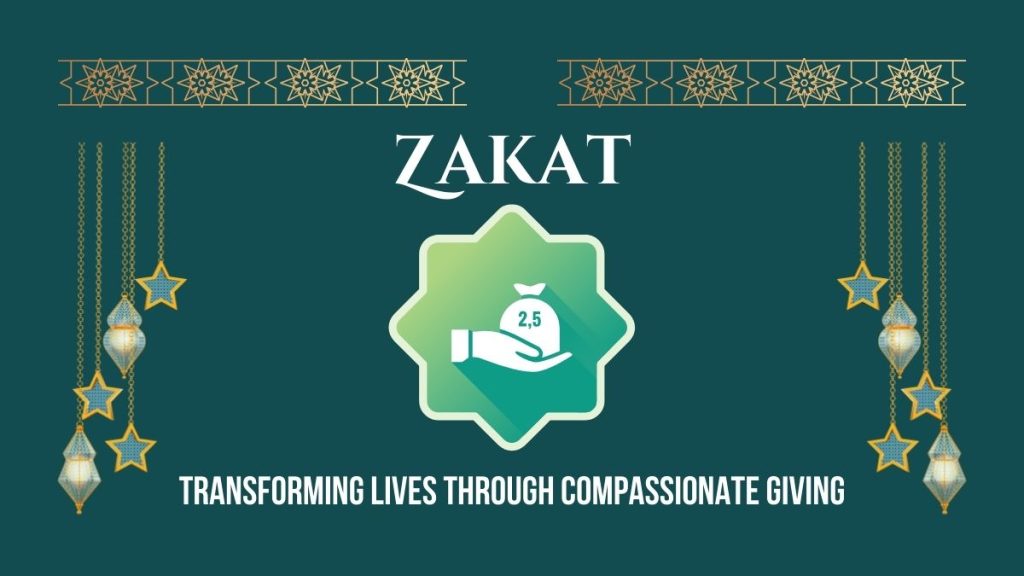
Related Article: Islamic Lifestyle Essentials: Nurturing Faith & Well-being
Modern Challenges
Zakat is a vital pillar of Islam. Despite its importance, modern times present challenges for its practice. Let’s explore some of these challenges.
Economic Barriers
Many people face economic barriers that prevent them from giving Zakat. The rise in living costs leaves less disposable income. The economic instability affects the ability to give. People often prioritize basic needs over charity.
| Barrier | Impact |
|---|---|
| High Living Costs | Less disposable income |
| Economic Instability | Reduced ability to give |
Awareness Issues
Many are unaware of the significance of Zakat. Lack of education on Zakat’s importance leads to neglect. Some people misunderstand the proper rules of this amazing system of Islam. They might not know who qualifies to receive Zakat.
- Lack of education
- Misunderstanding rules
- Unawareness of eligible recipients
Efforts to raise awareness can help. Educational programs can teach the importance and rules of Zakat. Community leaders can play a big role in spreading knowledge.
Global Perspectives
Zakat is a fundamental pillar of Islam. It promotes social justice and helps the needy. This practice varies globally, reflecting local traditions and laws. Let’s explore some regional practices and international initiatives.
Regional Practices
Each region practices Zakat uniquely. Here are some examples:
| Region | Practice |
|---|---|
| Middle East | Governments often collect and distribute Zakat. |
| South Asia | Local communities manage Zakat distribution. |
| Southeast Asia | Both government and NGOs play a role. |
In the Middle East, governments have systems for Zakat collection. They ensure funds reach those in need. In South Asia, community leaders manage Zakat. They know the local needs better. In Southeast Asia, a mix of government and NGOs handle the process.
International Initiatives
Several international initiatives aim to streamline Zakat practices worldwide. These initiatives focus on transparency and efficiency. Here are some notable ones:
- Islamic Development Bank (IDB): Promotes efficient Zakat management globally.
- Zakat Foundation: Provides a platform for worldwide Zakat donations.
- United Nations: Collaborates on projects to use Zakat for sustainable development.
The Islamic Development Bank (IDB) works to enhance Zakat collection and distribution. The Zakat Foundation offers a global donation platform. The United Nations partners with organizations to use Zakat for development goals.
Related Article: Zakat Al Fitr: A Complete Guide to Its Importance and Calculation

Credit: www.islamic-relief.org.uk
Future Of Zakat
The future of Zakat holds great potential for transforming societies. As technology advances, new methods for collecting and distributing zakat emerge. These changes promise greater efficiency and impact in alleviating poverty and promoting social justice.
Innovative Approaches
Innovative approaches to zakat collection and distribution are on the rise. Digital platforms now make it easier to donate and track funds. Mobile apps allow donors to give zakat with just a few clicks. Blockchain technology ensures transparency and reduces fraud.
These technologies connect donors with beneficiaries directly. This reduces administrative costs and speeds up the process. This direct connection ensures that funds reach those in need quickly and efficiently.
Sustainable Development
Zakat plays a crucial role in sustainable development. By focusing on education, healthcare, and job creation, these funds can break the cycle of poverty. Sustainable projects funded by zakat have long-term benefits for communities.
For instance, it can support microfinance initiatives. These initiatives provide small loans to entrepreneurs in need. This helps them start businesses and become self-sufficient. Moreover, it can also fund renewable energy projects, providing clean energy to underserved areas.
By investing in sustainable development, it ensures a brighter future for all. This approach not only meets immediate needs but also empowers communities for the long term.
Related Article: What Makes Islam Unique: Insights & Distinctions
Conclusion
Zakat is a powerful tool for social justice and community support. It strengthens bonds and reduces poverty. By giving zakat properly, you fulfill a religious duty while helping those in need. Embrace the spirit of giving and contribute to a better world.
Your generosity can make a significant difference.
Related Article: How to Be a Better Muslim: 5 Empowering Habits

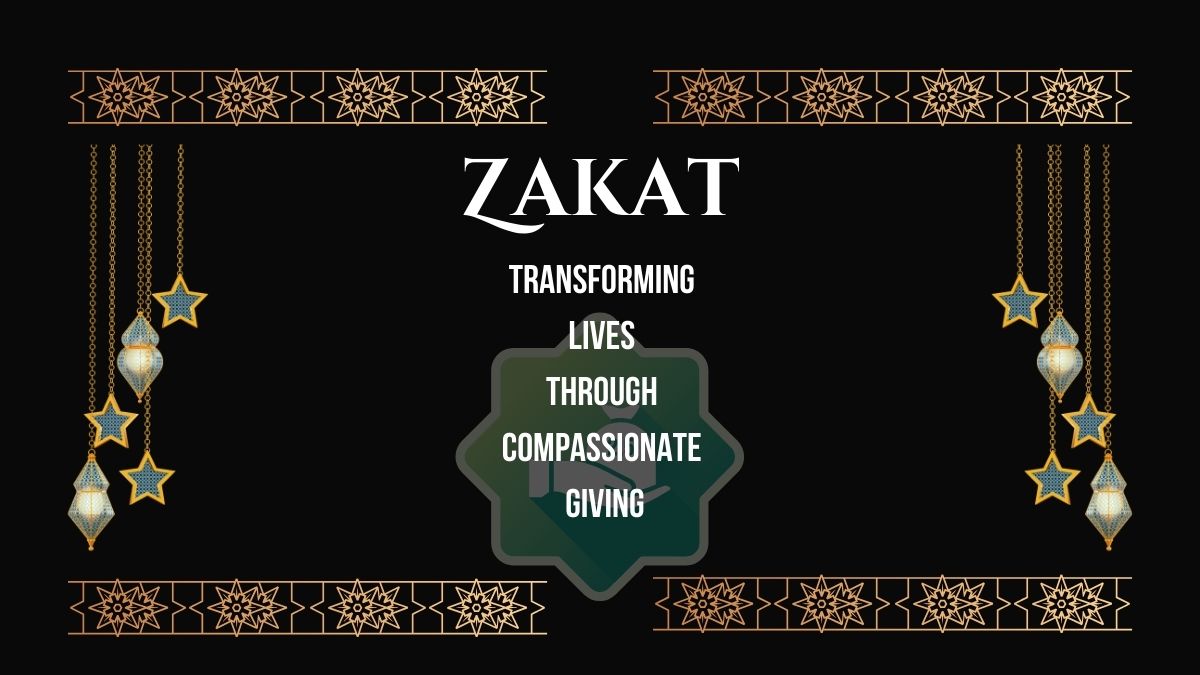
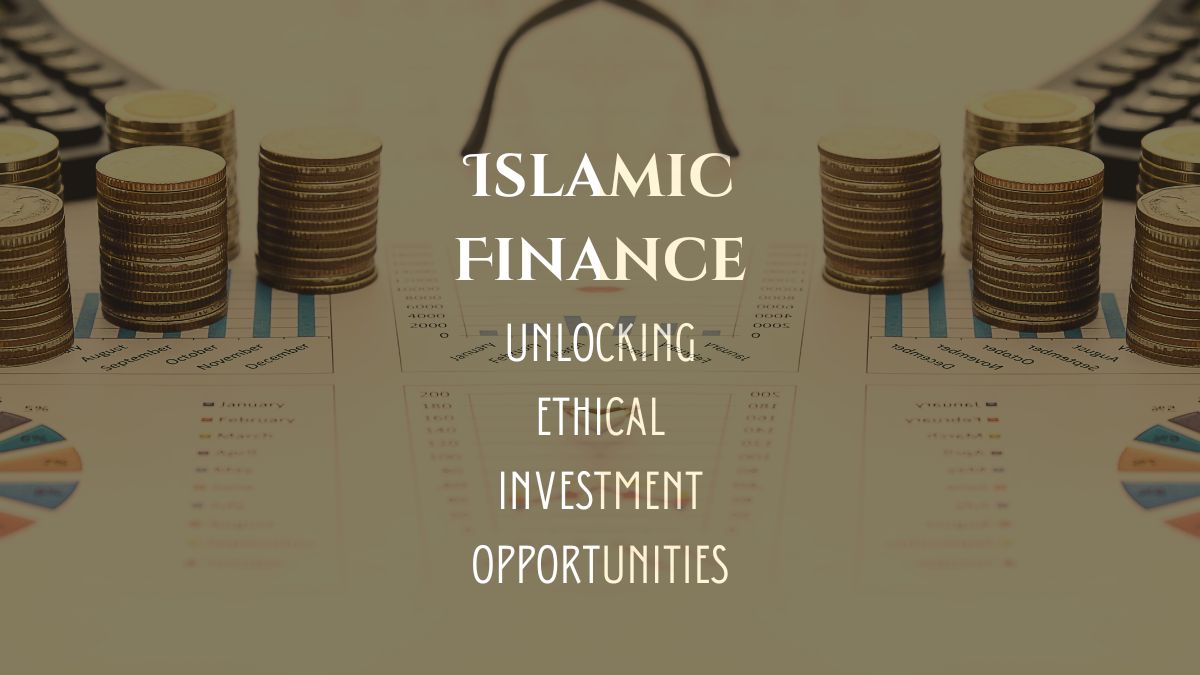
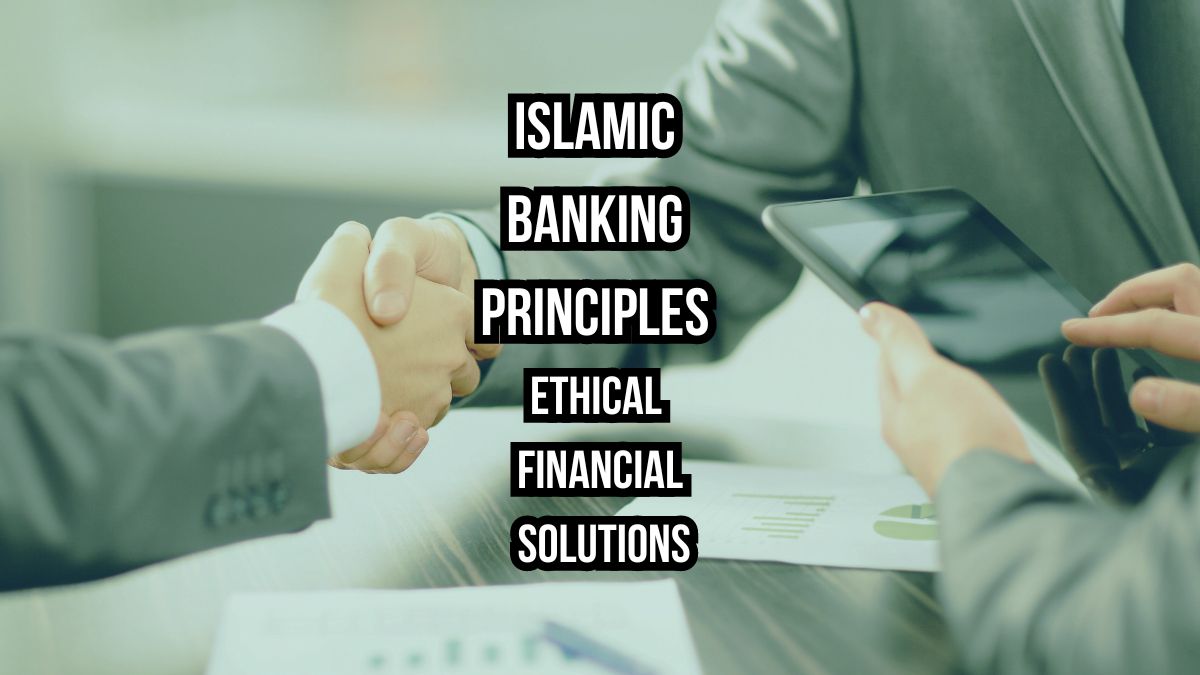
2 thoughts on “Zakat: Transforming Lives Through Compassionate Giving”